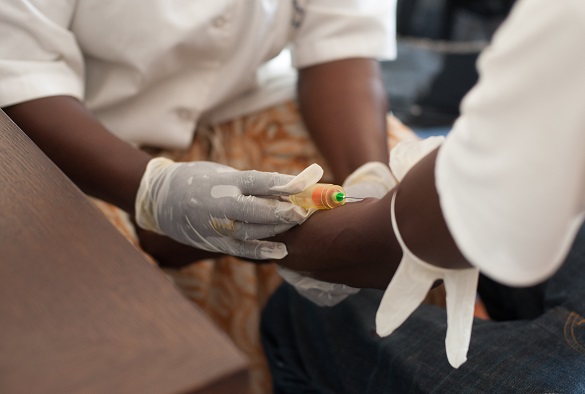Zimbabwe becomes first African nation to approve HIV prevention drug

Zimbabwe has become the first country in Africa and the third in the world to approve an HIV prevention drug recently recommended by the World Health Organization (WHO).
Zimbabwe has become the first country in Africa and the third in the world to approve an HIV prevention drug recently recommended by the World Health Organization (WHO).
Regulators in Australia and the US have already given their backing to use the long-acting injectable cabotegravir (CAB-LA), and the WHO welcomed the move by Zimbabwe.
The country’s fight against HIV has seen Aids-related deaths fall from an estimated 130,000 in 2002 to 20,000 in 2021.
Last year it launched a strategic plan to end Aids by 2030 and has already reached a target known as 90-90-90 – 90% of people living with HIV knowing their status; 90% getting antiretroviral treatment; and 90% having the virus suppressed.
Zimbabwe’s healthcare system is facing extreme difficulties amid the country’s economic crisis and no one at the Ministry of Health was available to comment on the new medicine.
The WHO said in a statement that regulatory approval was a “crucial step”, adding that it would support Zimbabwe “to design and develop programmes so that CAB-LA can be implemented, safely and effectively, for greatest impact”.
The drug has renewed hopes of further reducing deaths in southern Africa and follows the WHO’s recommendation in July that CAB-LA is highly effective at reducing transmission among people at most risk of contracting HIV.
Nyasha Sithole, of the Development Agenda for Girls and Women in Africa (DAWA) network, said: “Accelerating HIV prevention for girls and young women requires an expansion on choices available. I am excited and proud to know that my own country has approved the use of CAB-LA. This will contribute to our basket of HIV prevention tools that work for us as girls and women in Zimbabwe.”
Click here to read the original article.